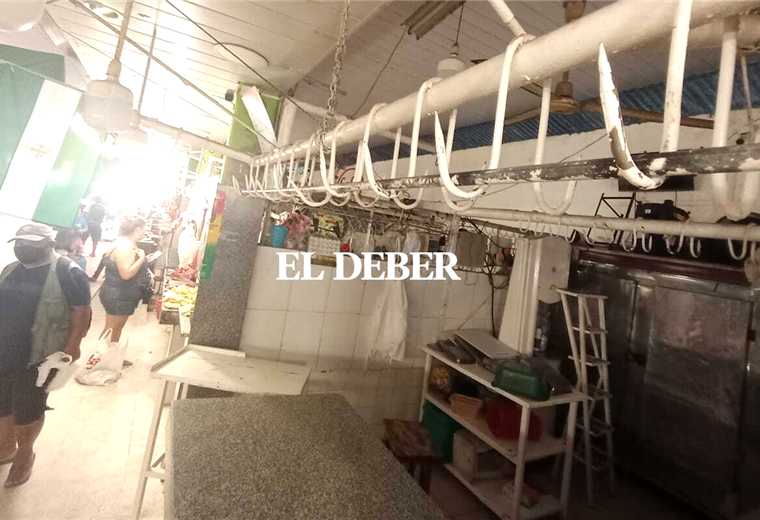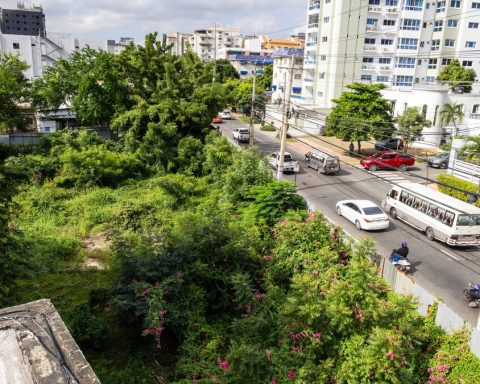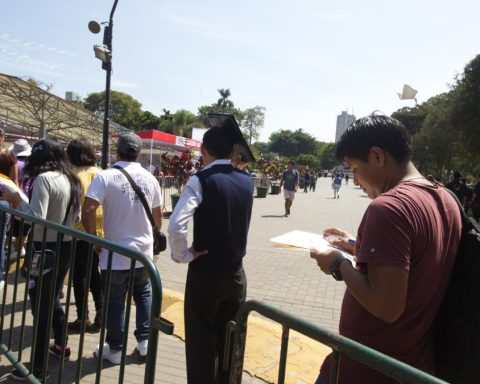October 7, 2024, 11:16 PM
October 7, 2024, 11:16 PM
After days of uncertainty, the butchers of Santa Cruz announced the suspension of the indefinite strike and the return to normality in the supply of meat starting tomorrow. This was confirmed by Gonzalo Serrudo, vice president of the Federation of Butchers of Santa Cruz, after completing a meeting with government representatives.
“In the case of Santa Cruz, the prices for the final consumer would be between 32 and 33 bolivianos for second-class meats, 40 for first-class meats and up to 45 bolivianos, depending on the quality. These prices will be subject to evaluation during the month,” Serrudo explained.
The sector decided to suspend the pressure measure. “Although we started the strike on Friday, affecting the supply throughout the weekend, today, Monday, we can report that Starting tomorrow the service will be restored for the tranquility of the population,” he declared to Red Uno.
The strike, which threatened to extend indefinitely, arose in response to what the butchers consider a growing problem in the sector: meat smuggling to neighboring countries such as Peru, Argentina and Brazil. According to Serrudo, this smuggling directly affects internal supply and makes the product more expensive in local markets.
One of the key points of the agreement with the Government is the evaluation of the impact of meat exports during the month, an aspect that could be related to the recorded shortage. “We have signed an agreement and we are declared an emergency during this month. We will evaluate jointly with the government to identify the root of the problem. If we do not see progress, we could resume pressure measures,” he announced.
Likewise, the agreement establishes reference prices to guarantee fair access to the product in the domestic market. Serrudo explained that the price in the “kilo hook” will be set between 22 and 24.50 bolivianos per kilo. This price will serve as a reference to maintain stability in the market and avoid excessive increases.
The butcher sector declares an emergency, but has placed its trust in that the government, under the supervision of the Minister of Rural Development, Néstor Huanca, will comply with what was agreed. “This is a bet on hope that the market can be regulated. Meanwhile, the population can rest assured, since starting tomorrow the supply will be restored,” Serrudo concluded.
The suspension of the strike provides temporary relief to the population, although the sector remains on alert. The evaluation month will be decisive in defining whether or not the protests will be resumed.
















